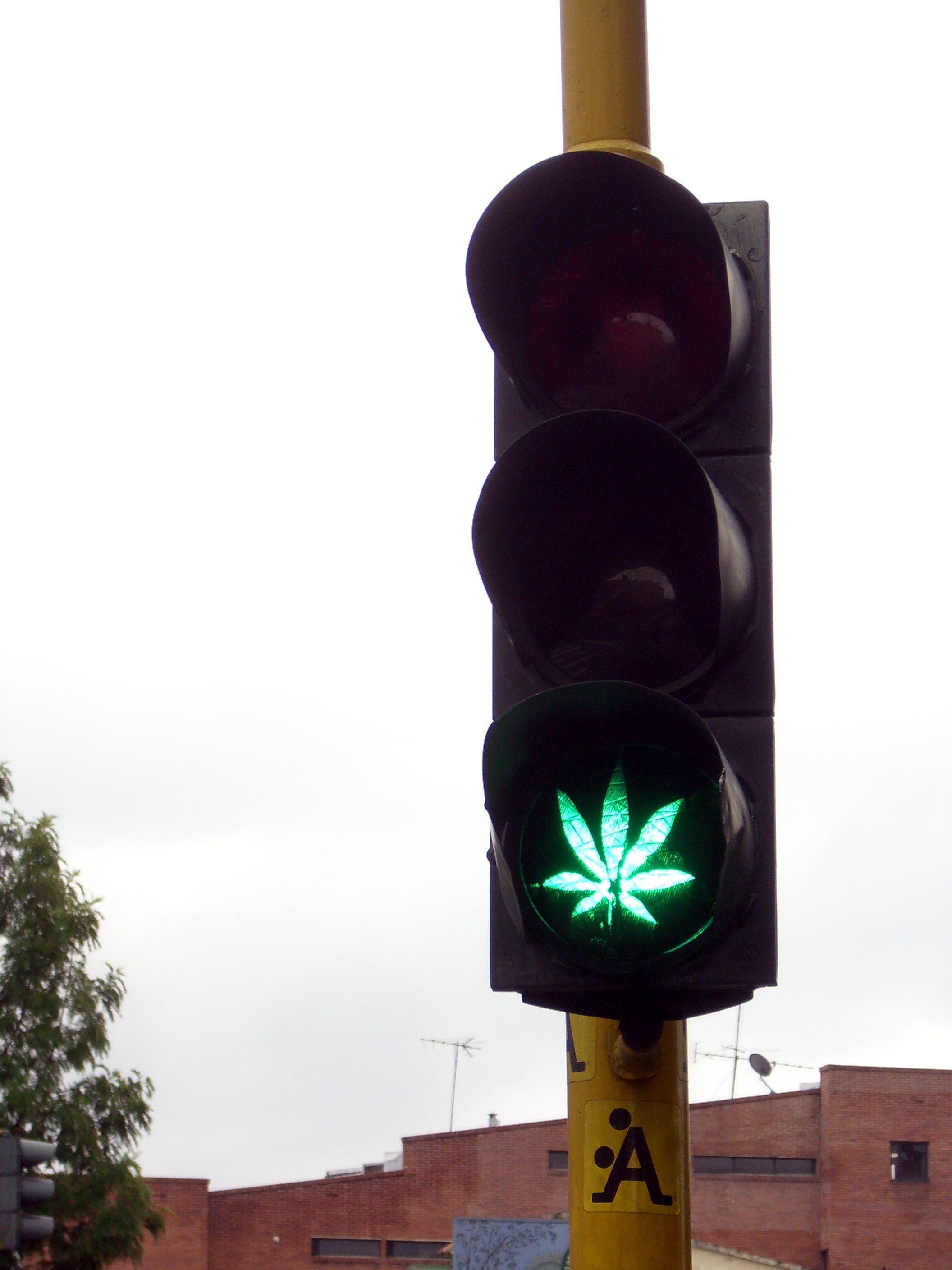By: David P. Griscom
While many would consider Republicans the big winners of the 2014 midterms, there was another bloc that won big: marijuana advocates. The District of Columbia, Alaska, and Oregon, all voted to legalize marijuana on Tuesday. This is a pivotal moment for the legalization movement, because these initiatives were not only able to pass, but were able to pass during midterm elections; which are traditionally low turnout. In addition, the fact that multiple states and the District of Columbia now have legalized marijuana will no doubt bring the national ban into consideration.
D.C.’s Referendum 71 allows for the growth of plants in individual homes and the possession of up to two ounces by anyone over the age of 21, regardless of their citizenship in the District of Columbia. While it does not legalize the sale of marijuana it does legalize the growing of up to three plants per individual. DC may have to deal with the new Republican-run 114th congress, because laws passed in DC are subject to the review of congress, even though DC has no voting representation in congress.
In Oregon, individuals can keep 8 ounces in their homes and carry 1 ounce in public. The new law also legalizes the sale of marijuana; the tax revenue from this will be used to fund education initiatives for the state. Oregon now joins its neighbor Washington as a state where there is a legal marijuana industry.
Alaska also legalized marijuana November 4th, with Measure 2. Each individual now can posses up to one ounce of marijuana and grow up to six plants, three of which being mature. It has also legalized the sale of pot and the marijuana industry, joining Colorado, Washington, and Oregon.
The question now is what happens with the national issue of marijuana? The recent vote in DC will certainly bring about a national debate because many Republican lawmakers have said that they will fight against DC’s new law. Most notably, Representative Andy Harris has said that he will fight against the new law with all the powers allotted to him. People in DC have argued that this push from republicans is representative of marginalizing trends where conservatives have attempted to suppress DC’s sizable, liberal and African-American, communities. This conflict will no doubt spur a much more comprehensive conversation about marijuana legalization on the national level; as many states and cities decriminalized or came close to decriminalizing marijuana this midterm. In DC, the measure may highlight the often restrictive political ramifications of not having the same rights as formal states.
The federal level versus state level divide will be of interest going forward because while certain states have legalized marijuana it is still illegal federally. This means that federal agents can arrest an individual for possession even if state law says that it is legal. For the most part the Obama administration has not gotten into this legal area and federal agencies have not been making wide scale arrests in states where marijuana is legal. But in DC where the line between federal land and land that is owned by DC can be difficult to discern, there is an opportunity for these two different policies to conflict. In addition, the fact that Oregon and Washington both will have legal marijuana industries could lead to problems with the federal government because if any interstate trade or coordination occurs it would fall under the jurisdiction of the federal government, under the commerce clause. The stage is now set, and the political ramifications of pro-marijuana policies in many states will lead to a national showdown on the issue.
Photo credit:Alejandro Forero Cuervo, Flickr Commons

